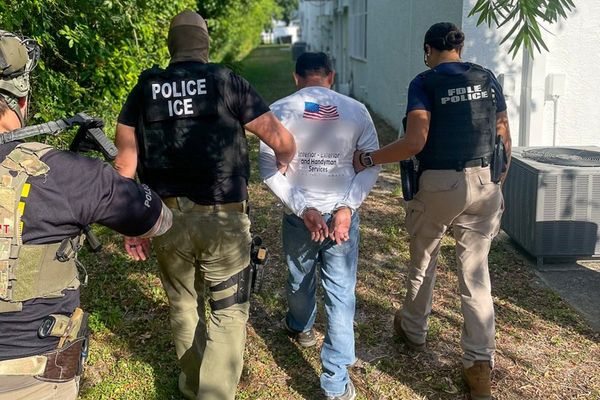
On Nov. 26, San Francisco police entered the apartment of Suchir Balaji, a 26-year-old software developer, and found him dead from a gunshot wound to the head. Though authorities initially ruled his death a suicide, Balaji’s parents have since publicly insisted he was murdered, citing concerns about how the investigation was handled and Balaji’s decision just one month earlier to go public with his belief that his former employer, OpenAI, was breaking copyright laws. They hired their own investigators, eventually filing a Jan. 31 lawsuit against the police to demand its full report.
On Friday, the San Francisco police and medical examiners released a four-page joint response to the lawsuit, along with a 13-page report from the Office of the Chief Medical Examiner (OCME), confirming their initial determination that Balaji had died by suicide and pronouncing the investigation into Balaji's death officially closed.
“The OCME found no evidence or information to establish a cause and manner of death for Mr. Balaji other than a suicide by self-inflicted gunshot wound to the head,” reads the medical examiner’s report. “SFPD conducted an independent investigation and based on the information SFPD reviewed, there is insufficient evidence to find Mr. Balaji's death was the result of a homicide.”
The OCME did not respond to further request for comment.
The whistleblower
Balaji was born and raised in the San Francisco Bay Area and showed an early interest in computer programming. He ultimately attended the University of California, Berkeley and joined OpenAI out of college. Balaji worked at the startup for four years, helping develop the large language models that underpin the startup’s flagship product, ChatGPT.
But in August, Balaji left OpenAI, later meeting with a New York Times reporter to lay out his concerns that the artificial intelligence behemoth was violating copyright laws through its method of ingesting vast sums of online content to train its models. The NYT featured Balaji in an October article. “If you believe what I believe, you have to just leave the company,” Balaji told the reporter.
Just a month later, Balaji died. Police found his body after his mother, Poornima Ramarao, informed them that she had not heard from her son for several days.
Over the past few months, Ramarao and her husband, Balaji Ramamurthy, have engaged in a public awareness campaign to question the medical examiner’s initial findings, buoyed by two independent reports they commissioned from forensic investigators that they say raise questions about the nature of Balaji’s death, including the lack of a suicide note and blood spatter anomalies. Ramarao has posted on X that Balaji’s death was a “cold blooded mu*d*r [sic],” spurring Elon Musk to reply, “This doesn’t seem like a suicide.” (Musk has a long-standing feud with OpenAI’s CEO, Sam Altman.) Ramarao also appeared on the Tucker Carlson Show in January.
Their efforts have, in part, given rise to rampant online speculation and conspiracies concerning Balaji’s death, especially with continued silence from the San Francisco police. On Jan. 31, Ramarao and Ramamurthy filed a lawsuit against the police to demand their full report.
The investigation
The joint report and examiner report, released on Friday, lay out their case for suicide. According to the medical examiners, there were no signs of injuries or bruising to Balaji, and there were no signs of forced entry (The single door leading into his apartment was found with the deadbolt locked, and the windows were not “accessible points of entry.”)
They add that internet searches conducted from Balaji’s computer prior to his death focused on aspects of brain anatomy and that the gun belonged to Balaji. Gunshot residue particles were detected on both of his hands. A toxicology report found the presence of both ethanol, an indicator of alcohol consumption, as well as amphetamines. The police and medical examiners did not immediately respond to a request for additional details.
It is unclear whether the report will provide the answers that Balaji’s parents have been searching for. (When reached for comment, Ramarao told Fortune that she and her husband are in the process of reviewing the report.)
“We realize that this information is difficult to receive,” San Francisco police chief Bill Scott and OCME executive director David Serrano Sewell wrote in their response. “We hope that this response may help bring some amount of closure to his grieving parents, friends and family.”







